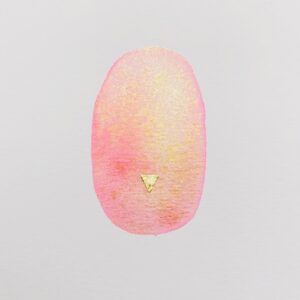Approach
Kashmiri tantric yoga

Kashmiri tantric yoga presents itself as the practice of this tradition, given in the tantras. As a living and dynamic tradition, its expression has been adapted to the current cultural context by Eric Baret, according to the transmission of Jean Klein.
This non-dual tantric approach, also called the direct path, points to our true nature. It does not lead to freedom, but allows us to see what prevents liberation. It is also called the negative path because it stems from the elimination of what we are not.
The deep intimacy with myself unfolds when I become aware that I am avoiding myself, that I judge myself, that I think I know, that I am constantly in the making, when I am precisely not intimate with myself.
It is through the work of the body, by listening to the feelings, that prejudices are questioned and that we become aware of reality as it is and not as we would like it to be.
The practice explores listening to sensations and breath associated with structural postural work. It is based on sensibility and tactile exploration, the body is perceived through its points of support and its vanishing lines, stimulating the circulation of energy. Carried out meditatively, in bodily emptiness, this approach awakens the sensibility of the body and enable a space of inner tranquility.
In this orientation, meditation is not an action, it is a state. The seating position is dropped in space, becomes space and space merges into it. A spatial exploration of the breath, which will open up new bodily sensations and a particular quality of presence. The practice of poses is explored in the moment, without references to the past nor the future. The explorations on the carpet are gradually transposed into everyday life by constantly enriching and questioning our perception of the world, our relationship to ourselves and to others.
Open to all, this practice favors listening to its psycho-somatic resistances and exploring in the moment rather than any idea of goal.
In addition to the weekly lessons, workshops and longer classes allow you to immerse yourself more deeply in the art of listening, which characterizes this tradition.